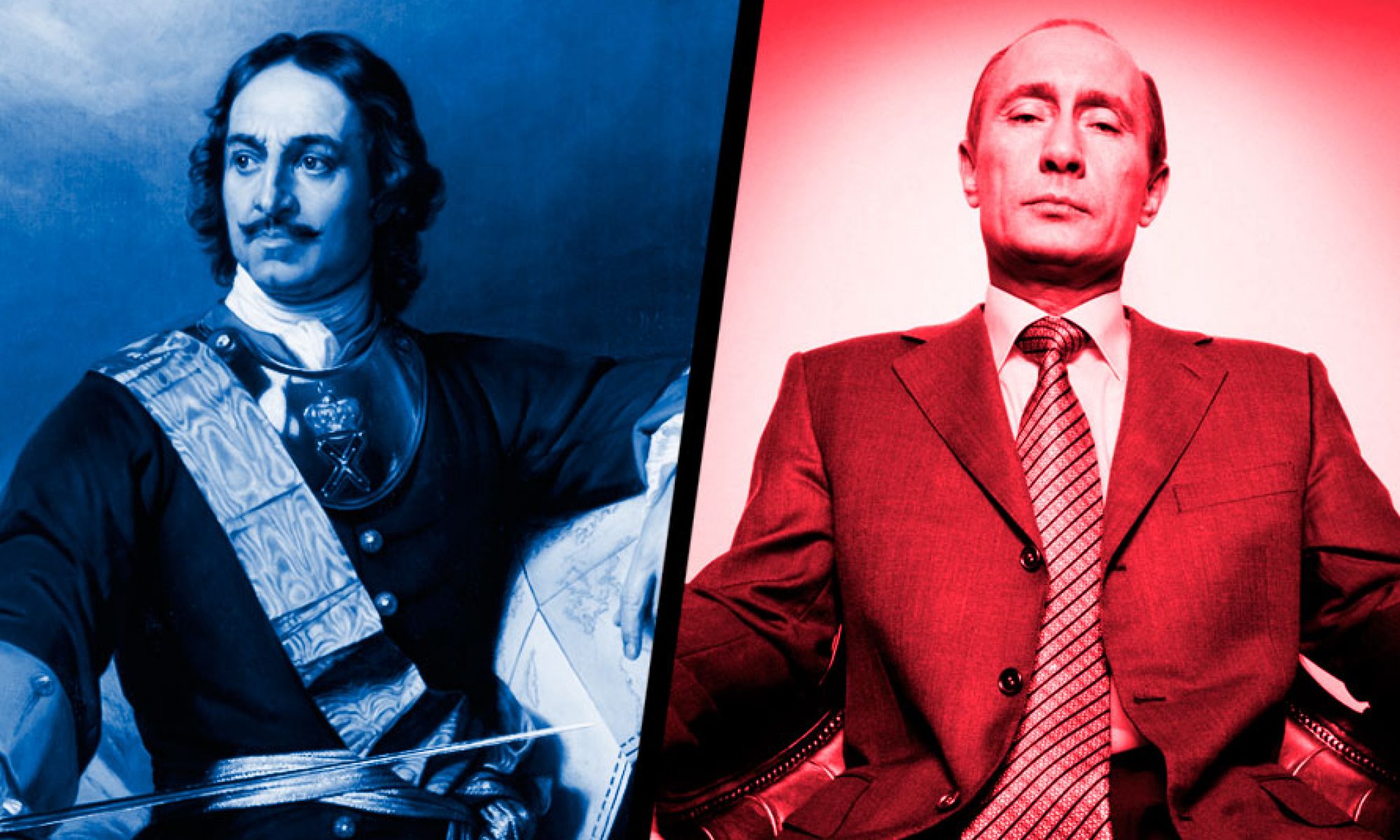In the chapter “In the Wake of Emancipation”, David Saunders explains the reforms of the 1860s. These include the military, church, education, courts, and the press. According to Saunders, the probable reasons for the Tsar halting the process of such reforms were most likely the grief over the death of his eldest son in 1865 followed by the assassination attempt in 1866, as well as his focus of “changing balance of power in Europe” due to Prussia’s victory over Austria in battle (Saunders 263-64). Further, Saunders states that while there is a possibility that Alexander could have been satisfied enough to cease his reformations, there could also be evidence that he “was not much of an innovator in the first place” (264). The argument against the tsar is something I find interesting, since according to Saunders, Alexander is also known as the “Tsar Liberator.” With this in mind, as well as what we as historians know to be the future of Russia, could it be possible that some of these views of the tsar only occurred after the end of the monarchy in Russia? While there were no doubt supporters as well as those who did not offer their support, could the latter have been brought about more after the fact? Or do you think that many of such opinions on these reforms as well as the leader that made them were of the times? Why or why not?
The Dangers of Flirting with Change
The turn of the nineteenth century saw change across Europe, which included Russia. A new age of modernity was opened and revolution spread like wildfire. In December 1925, Russia witnessed this lust for change manifested in the Decembrist Revolt. Upset with the established order of the tsar and rigid societal issues, radial civil servants and many militants tried to take advantage of the interregnum crisis on December 14, 1925 (Saunders 89). However, this unrest took years to unfold and cultivate. Ironically, the reforms of Tsar Alexander I helped to influence this unrest.
For the most part of his reign, Alexander I experimented with different reforms and further opened ties with the west. These reforms encouraged Russian civil servants, both radical and moderate, to demand further reforms. As historian David Saunders states, “The diversity of his political interests, unrest in western Europe, and an increasing awareness of the complexity of Russian society persuaded Alexander to abandon the cause of reform in the last years of his life, but by then it was too late to put the genie back in the bottle” (Saunders 88). Bet setting the course for reform, Alexander I influenced, and was unable to control, revolutionary movements who wanted more reforms. For example, Alexander I increased the availability of education. But this expansion of education enabled revolutionary ideas and literature to circulate among secret circles, like the Decembrists (Saunders 92). Additionally, by sending the military to occupy parts of western Europe during and after the Napoleonic Wars, the tsar enabled a military intelligentsia that “claimed that seeing western Europe had a profound effect on their political outlook” (Saunders 99). After enabling revolutionary ideas with his reform, Alexander I only angered and brought revolution closer when he tried to roll back the reforms.
I found it interesting that Saunders compares the Decembrist Revolt to a genie being let out of the bottle. I would like to compare the tsar’s balancing act to a boiling pot. In reforming Russian society and politics, the tsar is heating up the pot, making ideas of reform more accessible and appealing to the Russian citizens. Eventually, the pot will boil over and ideas of revolutionary actions will come to fruition, like on December 26, 1825. Even if you try to cover the pot, it will still boil over. The tsar has to balance how much steam to let out before the pot of revolutionary ideas boil over. With this comparison in mind, do you think it is possible for the tsar to issue reforms, without the Russian citizens becoming overzealous with change? Is political change inevitable with an absolute monarchy? Is the only response to stop change, while still retaining the political status quo, to rule with an iron fist and regress on reforms? Why or why not?
Decembrists’ “Desperation rather than Determination”
David Saunders refers to the Decembrists on December 12th, 1825 as radiating “desperation rather than determination,” and comments on how although the Decembrists had ideas (that were not fully fleshed out and not all Decembrists agreed upon them across the board), they did not have the fortitude to succeed in establishing those ideas (Saunders 110). This feeling of desperation stems from the fact that the Decembrists felt the need for change and understood that Russia’s governmental structure needed to be altered, but it comes off of desperate because they were not unified. After the Moscow conference of 1821 and the League of Welfare split into a northern faction and southern faction, the movement struggled to have power. To topple a government, a movement needs the greatest amount of support and reliability on its members, but when members on December 12th were not wholeheartedly for revolution, instances like Baron Rozen stopping his troops on that bridge instead of encouraging them forward towards Senate Square, occur which illustrates how flimsy the Decembrists unification was. Even Saunders writes, “If the leaders had been resolute, their efforts might just have been crowned with success, for they managed to get 3,000 men on to Senate Square” (Saunders 110). The drop in members of potential Decembrists from 1820 to 1825 as the movement shifted towards radicalism shows how movements lose energy when there are schisms and the consideration of reality.
Would the Decembrists have been successful if they had assassinated the tsar instead of revolting during the unexpected time of interregnum?
How effective were the Decembrists in influencing Russia’s culture of revolution?
